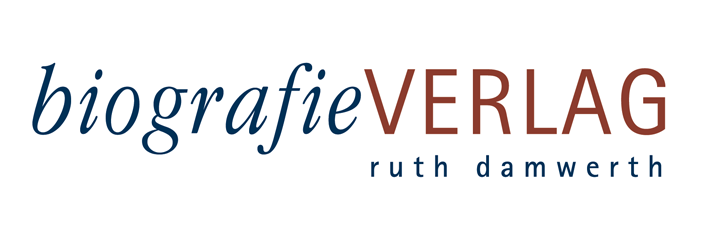Ich schreibe mein Leben Kriegsfolgen im Frieden. Frauen der Wende erzählen Familiengeschichten.
We want to hear, tell, appreciate and value women’s stories. That was the main concern when the Intercultural Women’s Network (Interkulturellen Frauen Netzwerk) at the University of Dresden was founded. And it has been that way ever since. This is the space of exchange and creativity where the authors of this book met…
At first topics such as the Peaceful Revolution of 89/90, stories from the GDR that we had witnessed as much more colorful and multi-facetted time than generally seemed to be reported, where discussed and then more and more conversations surfaced that seemed to circle a central topic, that of a time that we had not even lived through ourselves yet seemed to be impacted by: the time of the Nazis and that of the Second World War. We were asking ourselves: What had our grandmothers and grandfathers, our mothers and fathers experienced or even what had they done, how have these often buried and silenced experiences shaped their lives, ideas and method of child rearing, and which fears and conditioning have they consciously or unconsciously passed onto us, the war children generation or war grandchildren generation?
In very diverse texts six women present their own review of a century of (East)German history. They are fascinating historical documents and stories of healing. Healing wounds that preceding generations inflicted or wounds that were inflicted upon them and that still ache. “We tune into each other’s existence”, says the North American theologian Nelle Morton. Transferring the idea to this book: We are reading a new, deeper sense of understanding into our lives.
Riedel-Pfäfflin, Ursula, Andrea Siegert und Heidrun Novy (Hrsg.): Ich schreibe mein Leben. Kriegsfolgen im Frieden. Frauen der Wende erzählen Familiengeschichten.
ISBN: 978-3-937772-28-8, 300 pages, 19,90 EUR
“I was born in 1964, the Second World War had ended 19 years ago. When I was ten we were 29 years post end of the war, three times as much as the life of a ten-year-old – an eternity. To me, so I thought, the war meant nothing. We were living in the future. The past was way back. The baddies, the German fascists, had all – so we were told – escaped to West Germany and were high-ranking officials over there. We were the good ones. We had built a country, this is what we were told, in which exploitation did not exist, there were no rich people and poor people, no private property. In school we were taught that as Germans we were responsible for monstrous crimes towards other peoples. German soil will never sprout war again. That is what we stood for. My parents’ generation built up Socialism and my generation was to construct Communism. That was our first order. 1964, my year group, had the highest rate of child birth in both East- and West Germany in post-war history. We were 33 children in my class. My name as one of the most popular for girls born in 1964 – next to Kathrin, Annette and Sabine. The most popular boy names were Thomas, Steffen, Michael and Frank. We were many and the future belonged to us…”
